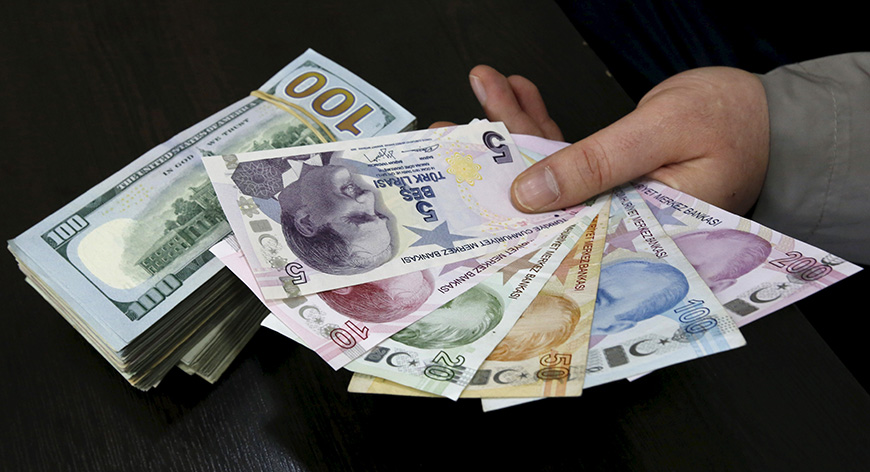- IMF Harps on Need to Step Up Fight Against Money Laundering
Corrupt officials, tax cheats, and the financial backers of terrorism have one thing in common: they often exploit vulnerabilities in financial systems to facilitate their crimes, the International Monetary Fund (IMF) has noted.
IMF’s Managing Director, Christine Lagarde, stated this in an article on the fund’s blog.
According to Lagarde, money laundering and terrorist financing can threaten a country’s economic and financial stability while funding violent and illegal acts.
“That is why many governments have stepped up the fight against such practices, helped by international institutions such as the IMF. Measures against money laundering and the financing of terrorism, known by their acronym as AML/CFT, are designed to prevent the misuse of the financial system. They call for the detection, reporting, and confiscation of suspicious financial flows and for sanctioning of criminals.
These efforts have been part of the fund’s work for almost two decades—from analysis and policy advice, to country assessments against AML/CFT standards, to building institutional and operational capacity,” she added.
According to her, the IMF has contributed to the progress made so far by working closely with our members and the standard setter, the Financial Action Task Force (FATF).
But, she stressed that more work needed to be done to ensure that financial systems support needed economic growth without being misused. To achieve this, she highlighted three areas that must be given greater attention:
“First, we need to help countries intensify the fight against corruption and tax evasion. We will soon release new analysis that shows how systemic corruption can seriously undermine a country’s ability to deliver sustainable and inclusive growth.
“Large-scale tax evasion is also problematic, because it typically means less investment in health, education, and other public services. It also means higher economic inequality because the most vulnerable are most affected by lower social spending.
“AML/CFT measures can help break this vicious economic cycle. A good example is Greece, where the strengthening of the AML framework—with the help of the IMF—facilitated the seizure of hundreds of millions of euros in proceeds from tax crimes,” the IMF boss stated.
Secondly, she noted the need to promote more effective ways of combating the financing of terrorism. This means building on our experiences.
“Most recently in Sudan, we worked with the government to develop a framework for the implementation of targeted financial sanctions. But this is not enough. Governments need to increasingly harness the power of financial technology. While fintech can be misused—including through the anonymity of virtual currencies—it can also be a powerful tool to strengthen our defenses against terrorist financing.
“Think of machine learning and other artificial intelligence tools that could help detect patterns of suspicious financial flows, including very small transactions. And think of the “distributed ledger” technology that could help protect financial systems against cyber-terrorism.
“Third, we need to help ensure that small and fragile economies have access to correspondent-banking services that connect them to the global financial system. There has been a high degree of concern that global banks might cut their correspondent-banking business indiscriminately to minimise the risk of breaching AML/CFT rules.
“The good news is that FATF recently clarified regulatory expectations under the AML/CFT standard. This may reduce the likelihood of an indiscriminate withdrawal of correspondent-banking relationships,” she added.


 Naira4 weeks ago
Naira4 weeks ago


 Naira4 weeks ago
Naira4 weeks ago




 Naira4 weeks ago
Naira4 weeks ago




 Naira3 weeks ago
Naira3 weeks ago
 Commodities4 weeks ago
Commodities4 weeks ago


 News4 weeks ago
News4 weeks ago
 Travel4 weeks ago
Travel4 weeks ago




 Naira3 weeks ago
Naira3 weeks ago





















